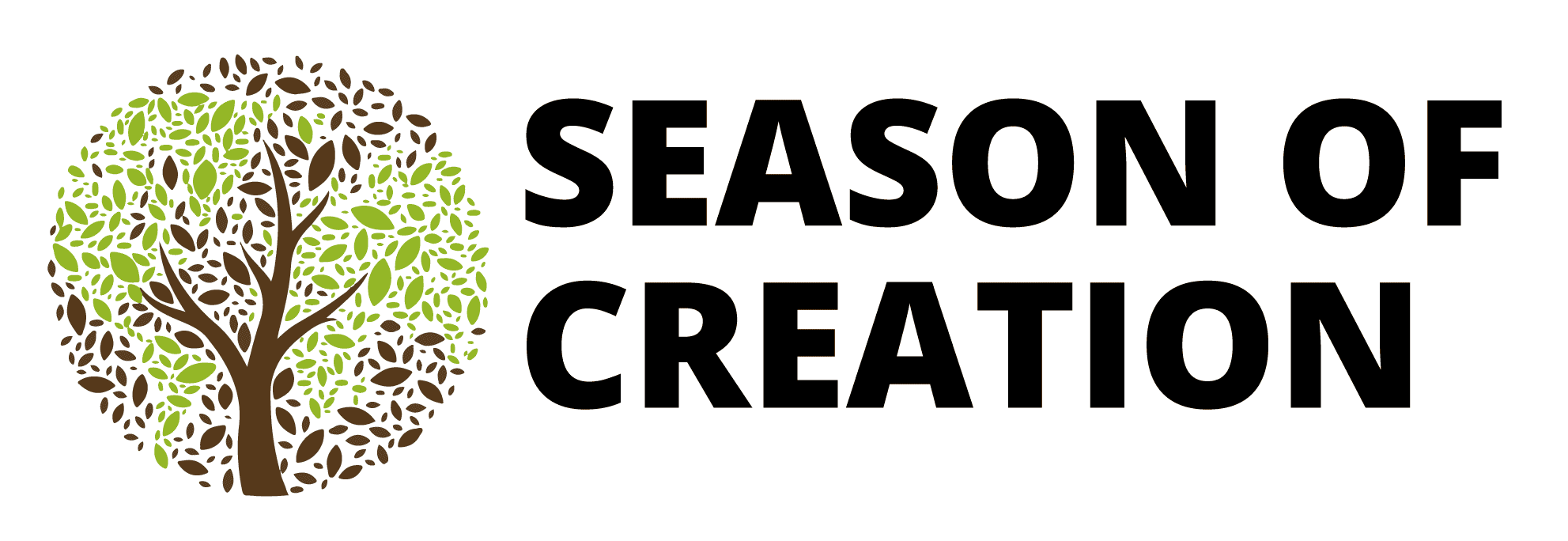
Climate change denial is a complex phenomenon that involves a clash between facts and values. While there is a strong scientific consensus that climate change is real and primarily caused by human activities, some people still resist this reality. Here are a few key points to consider:
- Motivated Reasoning: Denial often occurs because climate science conflicts with existing beliefs and values. People tend to reason around the facts, defending their initial gut instincts rather than impartially evaluating evidence.
- Threat to Worldview: The idea of climate change can threaten our worldview. Accepting it might require significant lifestyle changes, which can be uncomfortable.
- Fear of Disruption: Some fear the societal disruption caused by transitioning to a low-emissions economy. Instead of acting upon their worries, they suppress the truth.
- Fossil Fuel Industry: While some argue that fossil fuels drive economic growth, it’s essential to recognize that limiting their use doesn’t necessarily stunt growth. There are alternative paths to sustainable development.
- Responsibility: Fossil fuel companies play a significant role in greenhouse gas emissions. A 2017 report attributed 70% of emissions over two decades to these industries.
In summary, climate change denial is influenced by psychological factors, worldviews, and vested interests. Engaging in respectful conversations and emphasizing shared values can help bridge the gap between science and personal beliefs.
Consulted resources
- Climate Explained: why some people still think climate change isn’t real (theconversation.com)
- COP26: The truth behind the new climate change denial (bbc.com)
- Who is really to blame for climate change? (bbc.com)
- PolitiFact | Did 1,609 scientists sign a declaration saying ‘there is no climate emergency’? Not quite
